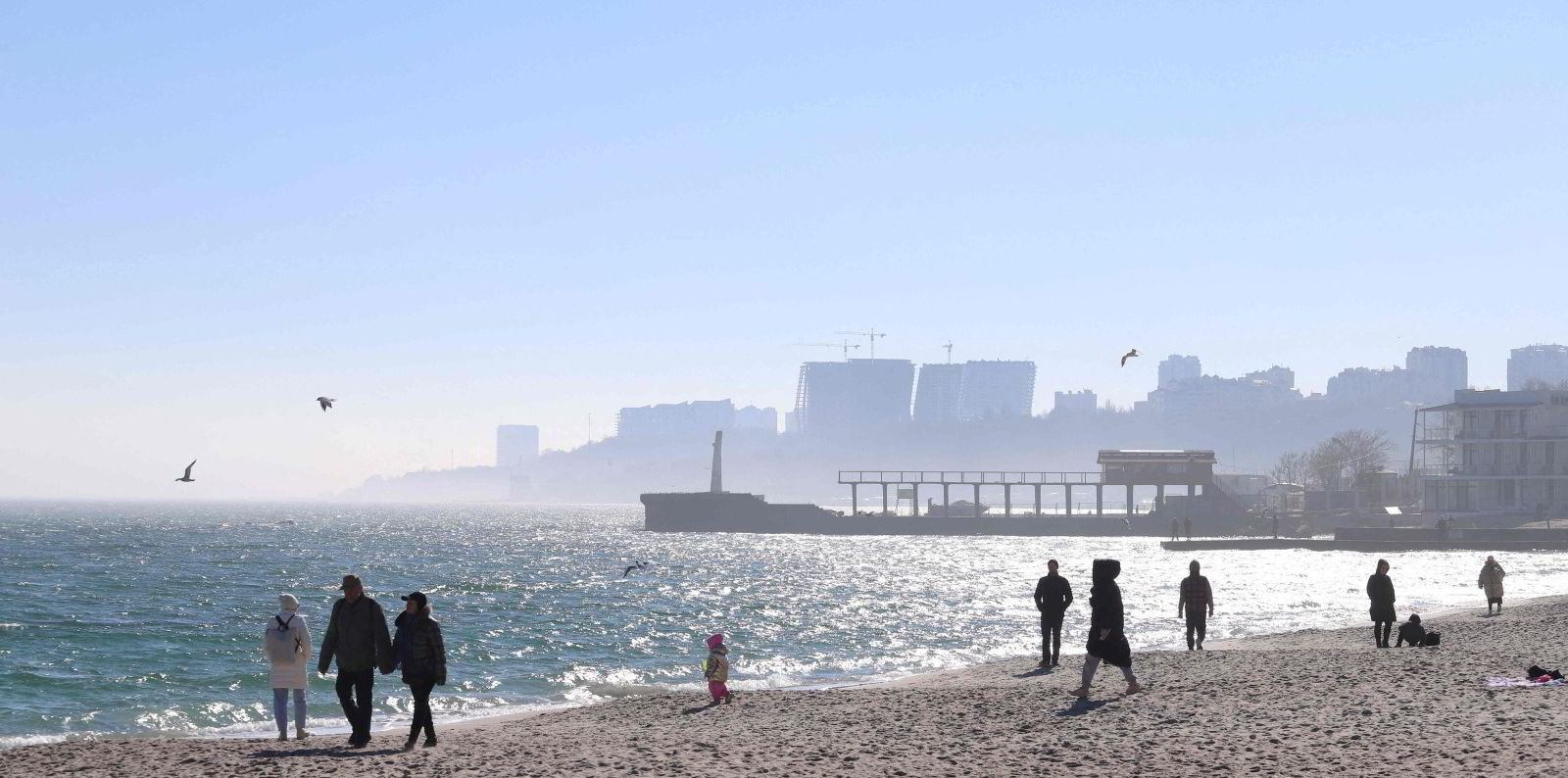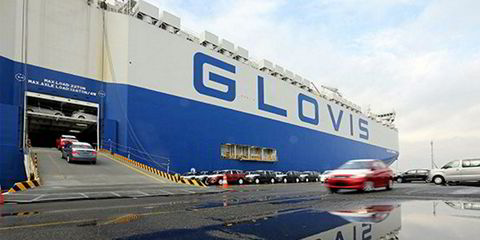Ship managers with vessels and agents in Ukraine say Russia’s invasion has not spilt over to its ports yet.
Four managers overseeing ships berthed at Odessa, a major port in Ukraine’s south-west, and Mariupol — a far smaller one in the east — said they have seen no soldiers in the area.
Initial media reports early on Thursday had Russian troops landing, moving towards or attacking both cities by air.
A ship manager with a vessel at Odessa port told TradeWinds that his ship’s crew saw “no military activity” there.
However, explosions have been heard nearby#, and ships’ loading and discharging seems to have come to a stop.
Russia has banned shipping in the Sea of Azov, a nearly landlocked maritime area wedged between the Russian-controlled Crimea, Ukraine and Russia. There are no major oil terminals there, but the Sea of Azov is the gateway to Rostov-on-Don, a major Russian port.
A ship manager with a vessel at Mariupol, a port on the Azov Sea, described the situation there as normal.
No military action could be seen at the port, and loading and discharge operations were carried out as usual.
Mariupol is the Ukrainian port closest to the breakaway republics that Russian president Vladimir Putin officially recognised on 21 February, in a key move that led to Thursday’s conflagration.
A shipping company official with crewing agents in Mariupol confirmed to TradeWinds that the crisis has not spilt over to the city yet.
“From what they’re saying, it looks like a normal Thursday morning,” he said.
The maritime situation could escalate if Turkey acquiesces to an official request by the Ukrainian government to shut down the Bosphorus strait to Russian shipping.
Turkey’s security council is deliberating under President Recep Tayyip Erdogan.
Maritime security company Dryad Global is advising all commercial operators to avoid any transit or operations within the exclusive economic zone of Ukraine or Russia in the Black Sea.
“Commercial operations within the EEZ of Turkey, Bulgaria and Romania remain unaffected at this time,” the company said.
“As the situation develops there remains a high degree of uncertainty regarding the freedom of navigation throughout the wider Black Sea,” Dryad added.
The company sees the primary risk to all vessels and commercial operations beyond the key risk area as commercial uncertainty, rather than risk to safety of crew.
TradeWinds reporters across the globe are covering the shipping implications on the Russia-Ukraine crisis.




